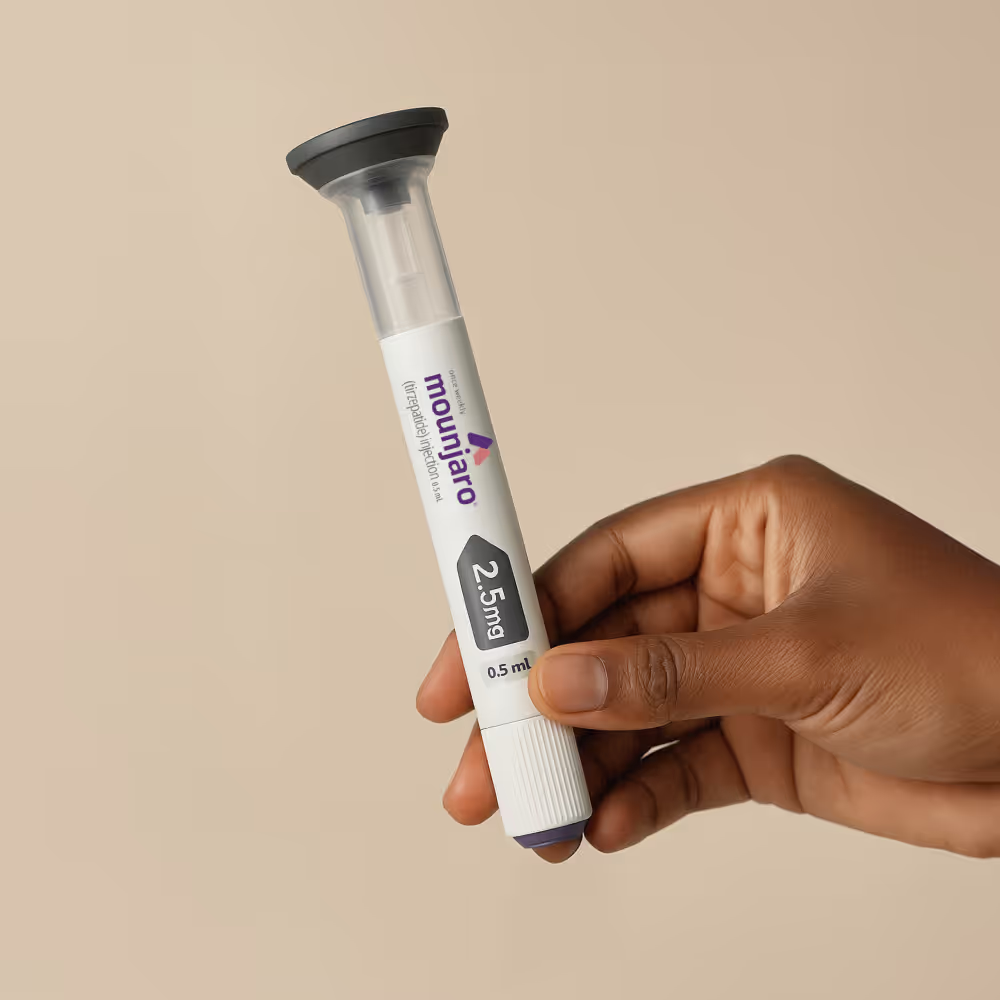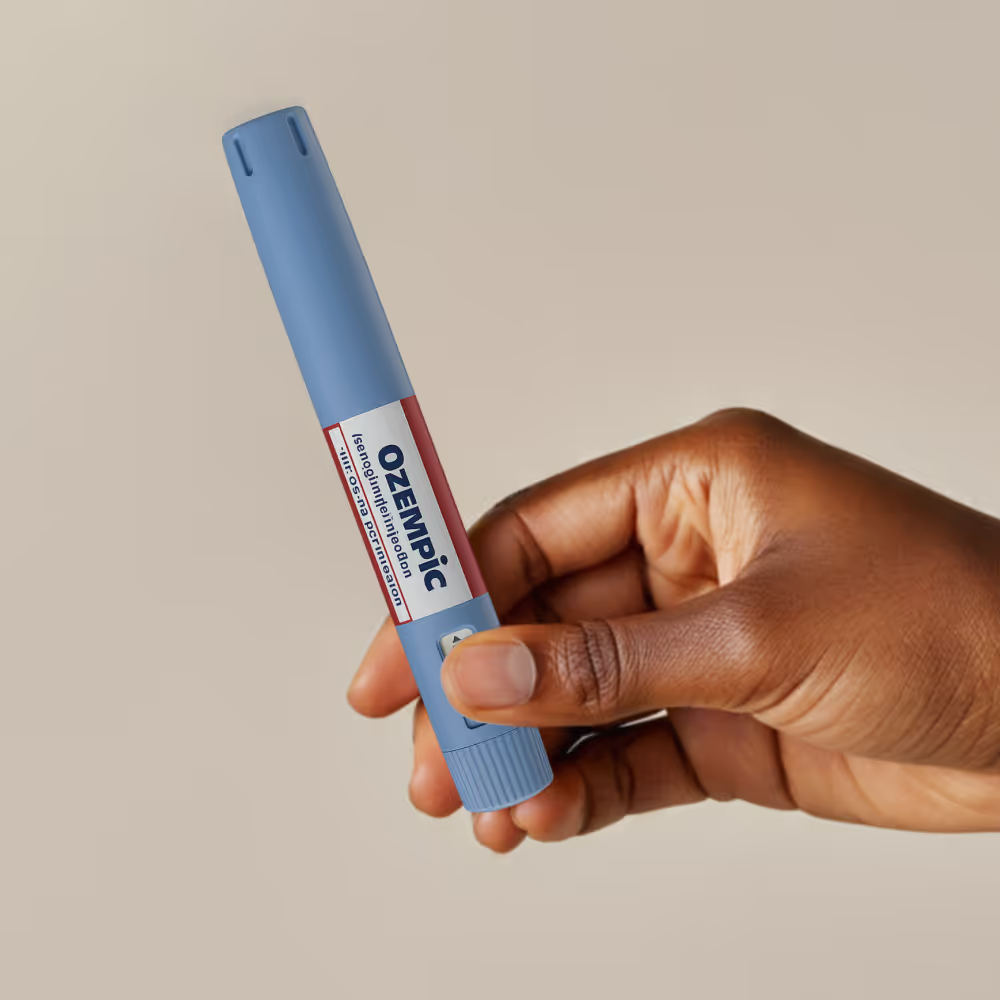Embarking on a weight loss journey can be transformative, especially with the assistance of medications like compounded semaglutide or tirzepatide. As glucagon-like peptide-1 (GLP-1) receptor agonists, these medications offer significant support in weight loss efforts. This article explores practical strategies to maximize your results with GLP-1 medication, emphasizing the importance of integrating dietary and lifestyle changes for a holistic approach to well-being.
Follow a Balanced and Nutrient-Rich Diet
While there are a variety of dietary options, the general idea is to reduce your total energy (caloric) intake.
- Prioritize Whole Foods: Focus on incorporating whole, minimally processed foods into your diet. Include non-starchy fruits and vegetables, lean proteins, and whole grains. These nutrient-dense foods not only aid in weight loss but also provide essential vitamins and minerals for overall health.
- Portion Control: Monitor portion sizes to avoid overeating. Use smaller plates, listen to your body's hunger and fullness cues, and savor each bite mindfully. Avoid caloric beverages and processed foods that add unwanted calories with little nutritional benefit.
- Stay Hydrated: Water is crucial for health and supports weight loss. Aim to drink plenty of water throughout the day to help control appetite and promote proper digestion.
Incorporate Regular Physical Activity
- Increasing energy expenditure through physical activity is a strong predictor of weight loss maintenance.
- Find Activities You Enjoy: Whether it's walking, cycling, dancing, or yoga, making exercise enjoyable increases the likelihood of consistency.
- Gradual Progression: Start with activities suitable for your fitness level and gradually increase intensity. Consistency is key, so choose activities you can sustain over the long term.
- Physical activity should be performed for ~30 minutes or more, 5-7 days a week, to prevent weight gain and to improve cardiovascular health
- Combined aerobic and resistance exercise is best for weight loss
Prioritize Quality Sleep
- Establish a Sleep Routine: Aim for 7-9 hours of quality sleep each night. A consistent sleep schedule helps regulate hormones that influence appetite and metabolism, contributing to weight loss. (Read more on the superpowers of sleep here!)
Practice Mindful Eating
- Be Present: Avoid distractions while eating, such as screens, and savor each bite. Mindful eating can help prevent overeating and foster a healthier relationship with food.
Implement Behavioral Changes
Your goal is to make long-term changes in eating habits by modifying and monitoring food intake and controlling cues that trigger eating. Some strategies may include:
- Setting weight loss goals (ie. regular weighing)
- Setting behavioral goals (ie. make half of your plate fruits and vegetables, and eat fast food less than once a week)
- Controlling or modifying the stimuli that activate eating
- Eating style (ie. slowing down the eating process)
- Behavioral contracting and reinforcement (ie. Reinforcing successful outcomes by providing rewards for weight loss may be beneficial)
- Meal planning (ie. Providing a defined meal structure results in greater weight loss than the absence of such a structure and use of portion-controlled plates or meal replacements)
- Cognitive restructuring or adopting positive rather than negative self-talk (ie. if one eats a piece of cake, choosing to exercise rather than blaming oneself)
- Problem solving (ie. Developing strategies to manage food intake in difficult situations such as restaurants and parties)
Track Your Progress
- Keep a Journal: Track your meals, physical activity, and feelings associated with eating. This can provide valuable insights into your habits and help identify areas for improvement.
- Celebrate Achievements: Acknowledge and celebrate your progress, whether it's reaching a weight loss milestone, establishing a new fitness routine, or adopting healthier eating habits.
Consult with Healthcare Professionals
- Regular Check-ins: Maintain open communication with your healthcare provider throughout your weight loss journey. Regular check-ins allow for adjustments to your treatment plan and ensure your overall well-being.
Conclusion
Maximizing weight loss with GLP-1 treatmentinvolves more than just medication. By integrating balanced nutrition, regular physical activity, quality sleep, and mindful eating practices, you can enhance the effectiveness of semaglutide and achieve your weight loss goals. Tailor these strategies to your individual needs and work closely with your healthcare team for guidance and support. Embrace the positive changes in your lifestyle to contribute to a healthier, happier you.









































































.avif)






